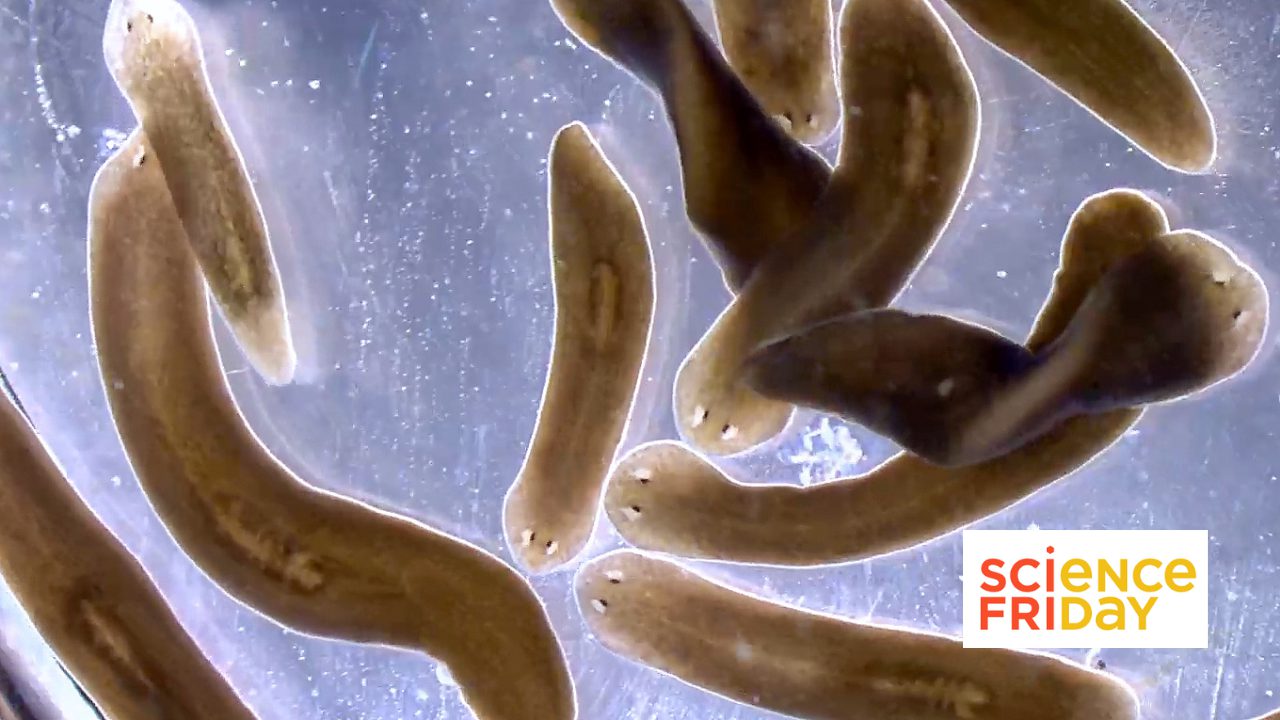In The News

07 January 2026
Investigator Kamena Kostova, named ‘Cell Scientist to Watch’
From the Journal of Cell Science, Investigator Kamena Kostova named a 'Cell Scientist to Watch'
Read Article
Video
Ahead of the American Century Championship, KSHB 41, the local NBC affiliate in Kansas City, MO visited to the institute to highlight the incredible work conducted by our scientists.
Inside the Institue feature from KSHB 41
Ahead of the American Century Championship, KSHB 41, the local NBC affiliate in Kansas City, MO visited to the institute to highlight the incredible work conducted by our scientists.
The Championship, which aired on NBC July 6-10, is put together by American Century Investments and the primary beneficiary is the Stowers Institute for Medical Research.
Below is an excerpt from the KSHB article. Read the full article and watch the video put together by Morning Anchor Taylor Hemness here.
The scientists who work at Stowers want people to know that it’s local. They especially want to communicate they take pride in the work they’re doing.
Inside the building tucked away just off of Troost Avenue, world-class scientific research is happening every day.
"You really have to be a curious person to do this,” said Dr. Alejandro Sanchez Alvarado, executive director of Stowers Institute. “Even though there's a saying that curiosity kills the cat, I think curiosity makes the scientist."
Curious perfectly describes the Stowers Institute scientists, but so do words like excited and grateful.
"It really is a privilege to be able to come every morning and wonder, ‘I wonder what they discovered today, I wonder what observation they made that doesn't make any sense,' because that's probably where a kernel of truth may be," Sanchez Alvarado said.
In addition to his duties as executive director, Sanchez Alvarado has projects of his own, including one housed in a room full of snails.
"They have eyes that are very similar to our eyes, but if you cut them out, they grow back,” Sanchez Alvarado said. “So we want to understand how animals can regenerate a cornea, a lens, an optic neuron. And the genes they're using to do that are almost indistinguishable from the genes that all of us use when our eyes were being made."
It's one of dozens of challenges the institute's scientists are tackling, and none of them are necessarily easy to describe when they meet new people.
"I kind of actually often let them ask questions to drive the conversation because sometimes that will be enough, and then they don't want anymore," said Dr. Jennifer Gerton, researcher at Stowers.
Gerton has been at Stowers for 20 years. Right now, her team is using mice to learn more about how human women's reproductive systems age.
"We have cutting-edge technologies for studying ovarian tissue and for understanding really at a cellular and molecular level what that aging process looks like," Gerton said.
Dr. Tatjana Piotrowski's team is studying hair cells.
They’re named so because they look like hair, not because they make up a strand of hair, and are present in all kinds of animals. But specifically, these hairs are found in human ears.
When they die in other species, they grow back. When they die in humans, they don't, leading to hearing loss. Piotrowski is looking into whether that could change.
"We believe that human hair cells have the capacity to regenerate if we identify where the block is that currently prevents these cells from regenerating,” Piotrowski said.
Since the onset of the COVID-19 pandemic, Sanchez Alvarado says people are paying more attention to science and what it means for humanity. He compared the work being done at Stowers to jumping head first into an abyss, ready to find an answer that could change the world.
“The 21st century, I think, is the century where we're really going to understand biology like we've never understood it before,” Sanchez Alvarado said. “It happened for physics in the 20th century, it happened for chemistry in the 19th century, it has yet to happen for biology. I think this is the century when we're going to do it."
To read the full article and view the behind the scenes video, click here.
In The News

07 January 2026
From the Journal of Cell Science, Investigator Kamena Kostova named a 'Cell Scientist to Watch'
Read Article
#Stowers25: Celebrating 25 Years
06 January 2026
Alejandro Sánchez Alvarado, Ph.D., reflects on a year of discovery, gratitude, and the community that helps support our mission.
Read Article
In The News

01 January 2026
From Science Friday, President and CSO Alejandro Sánchez Alvarado talks about the science of regeneration and the biology lessons we can carry into the new year.
Read Article
